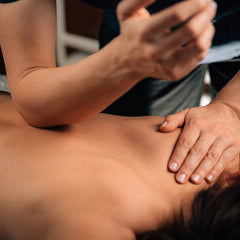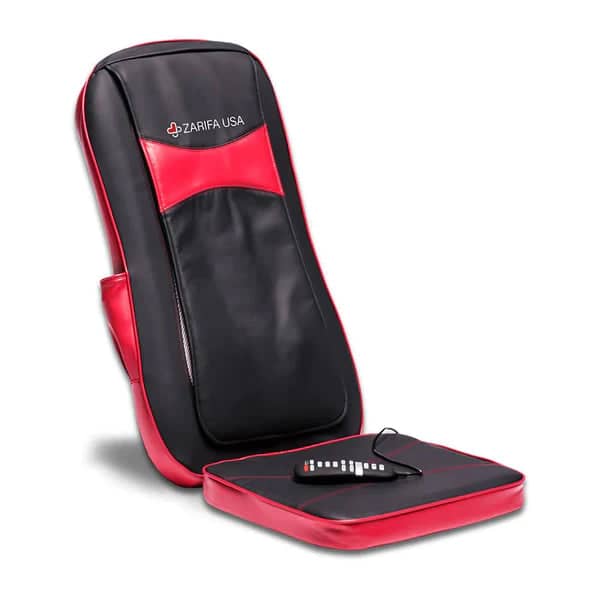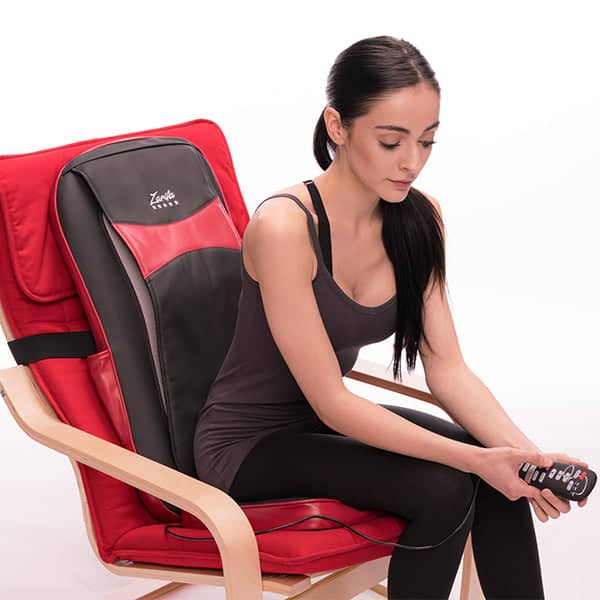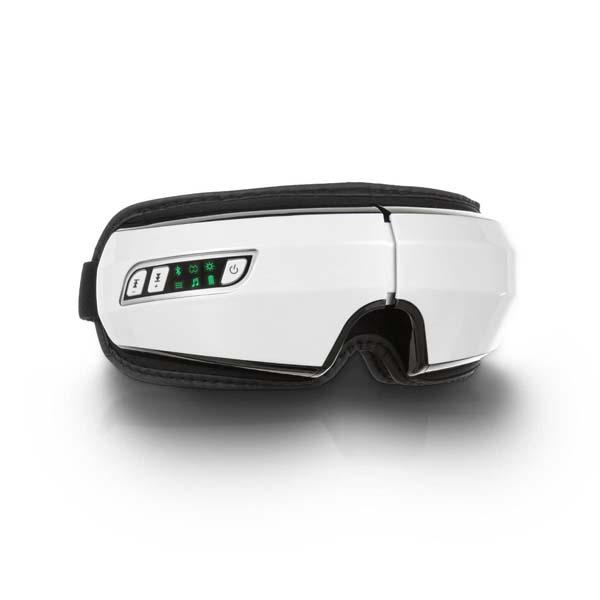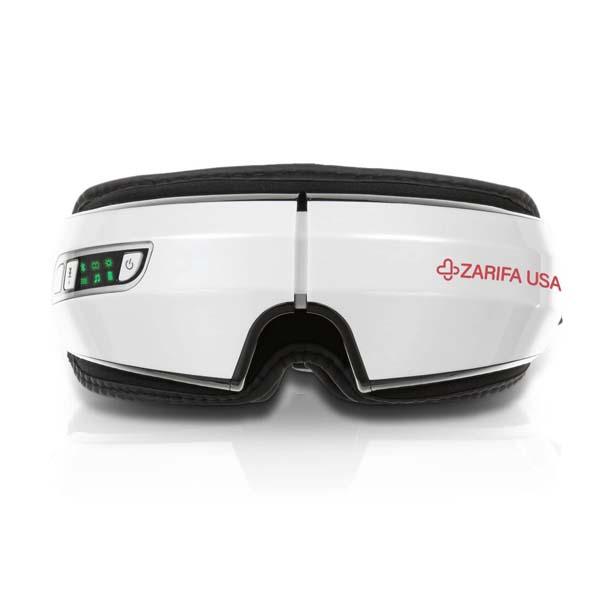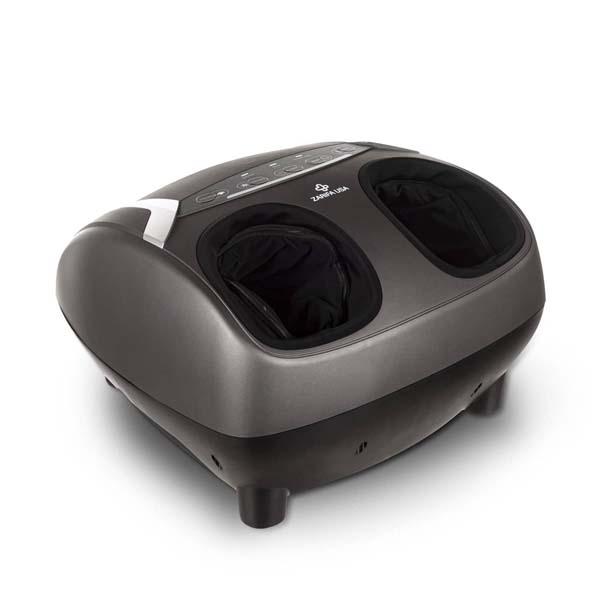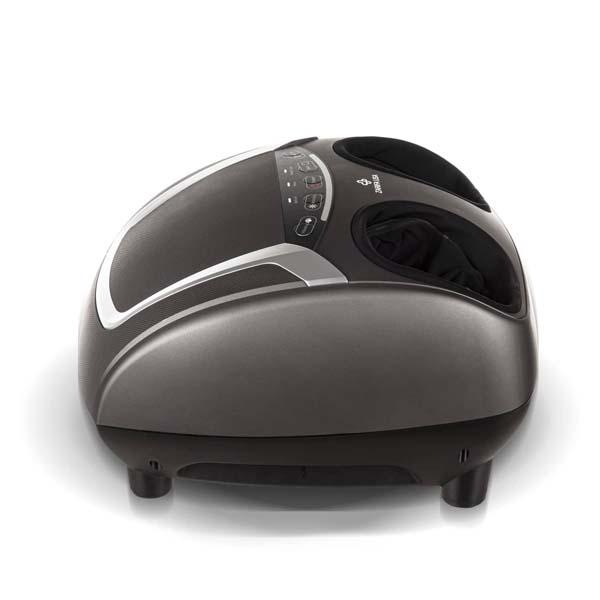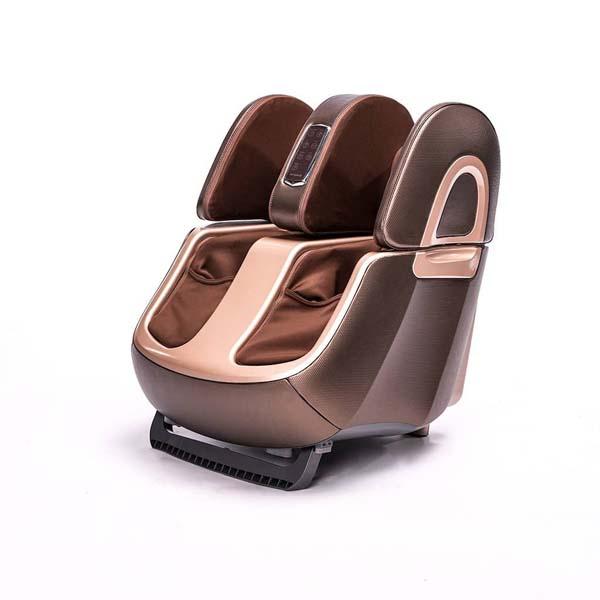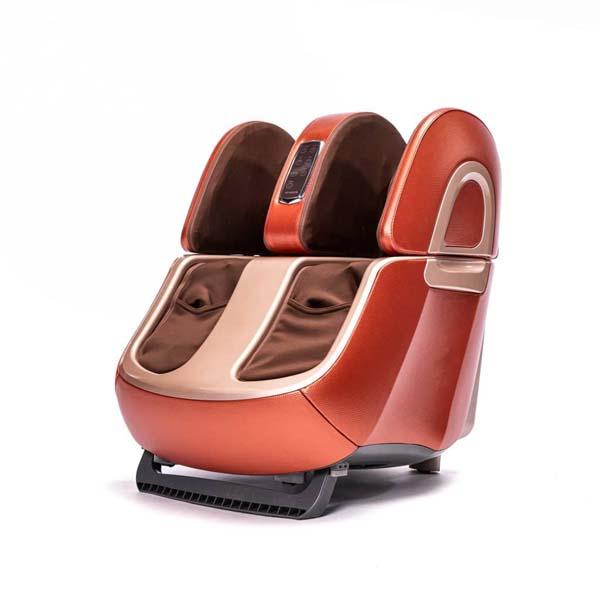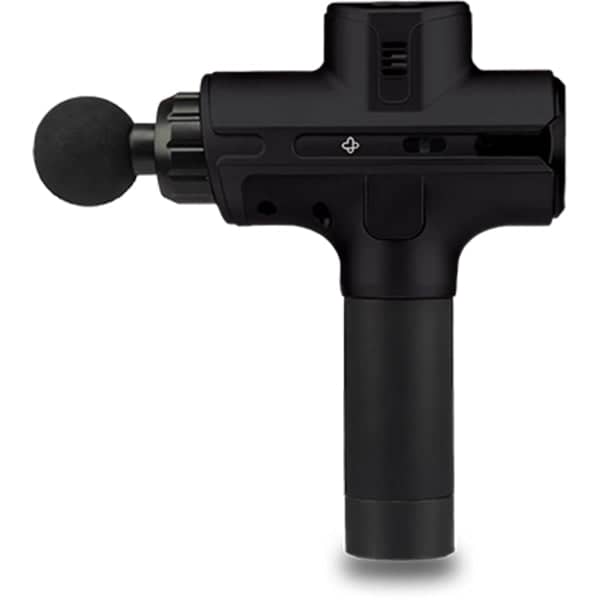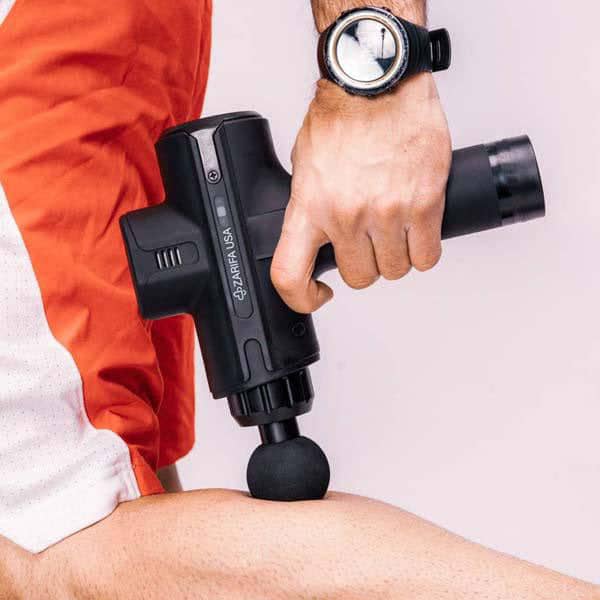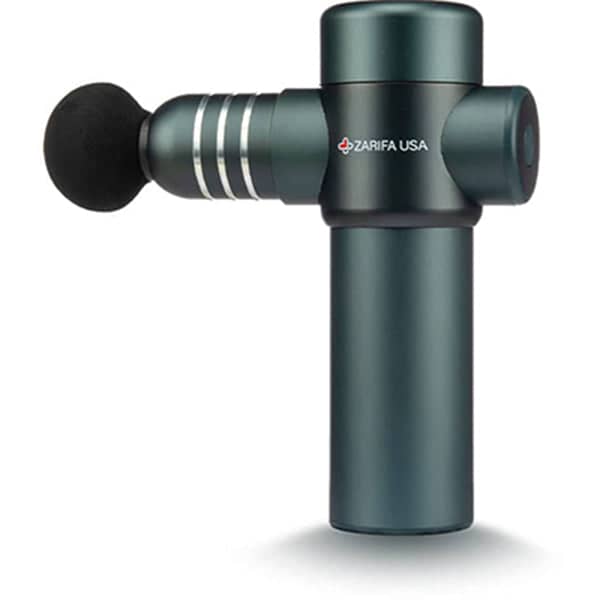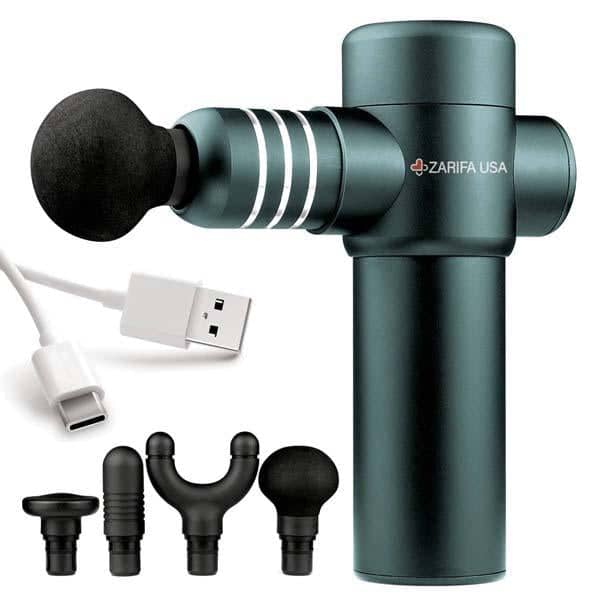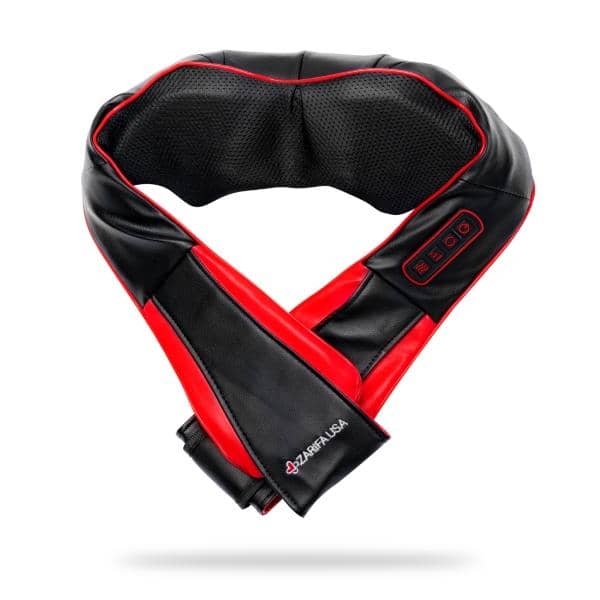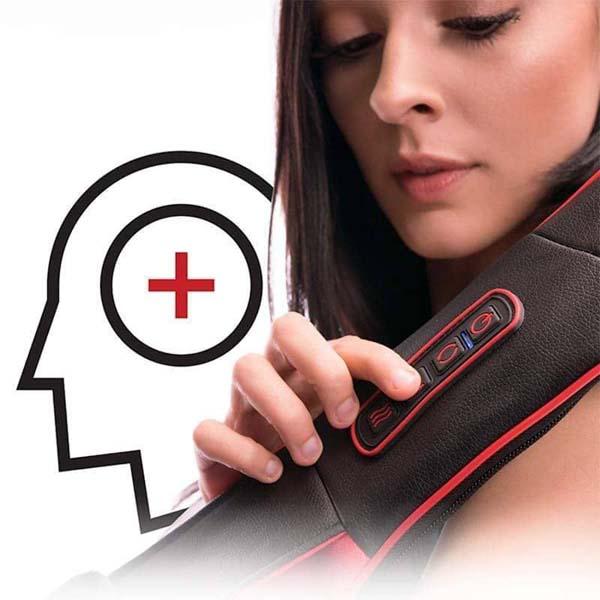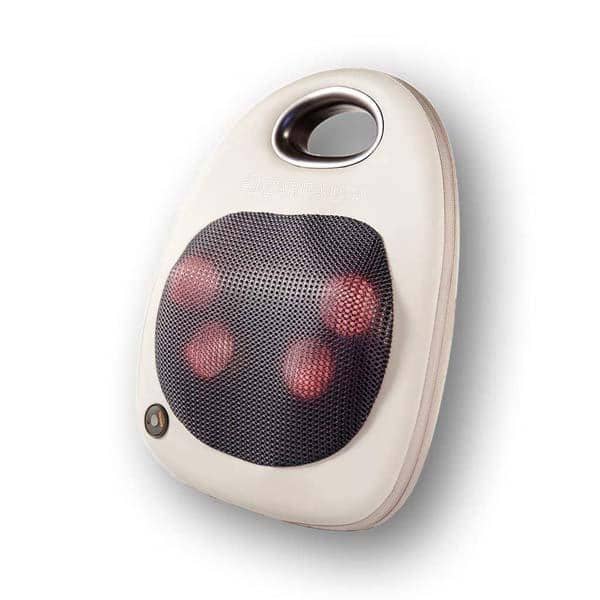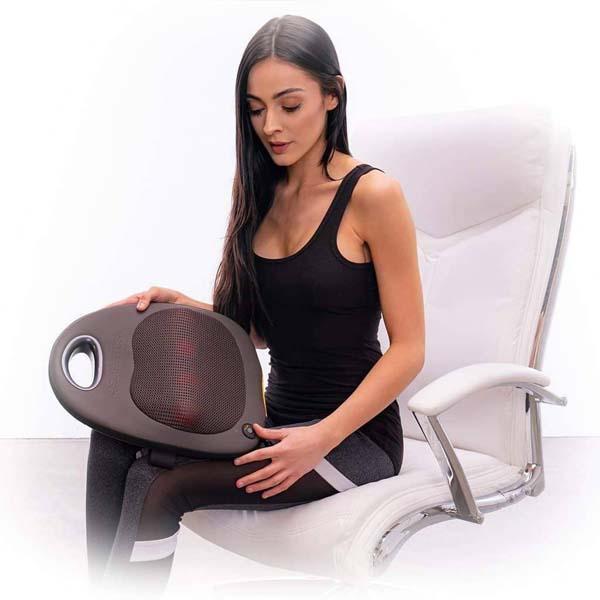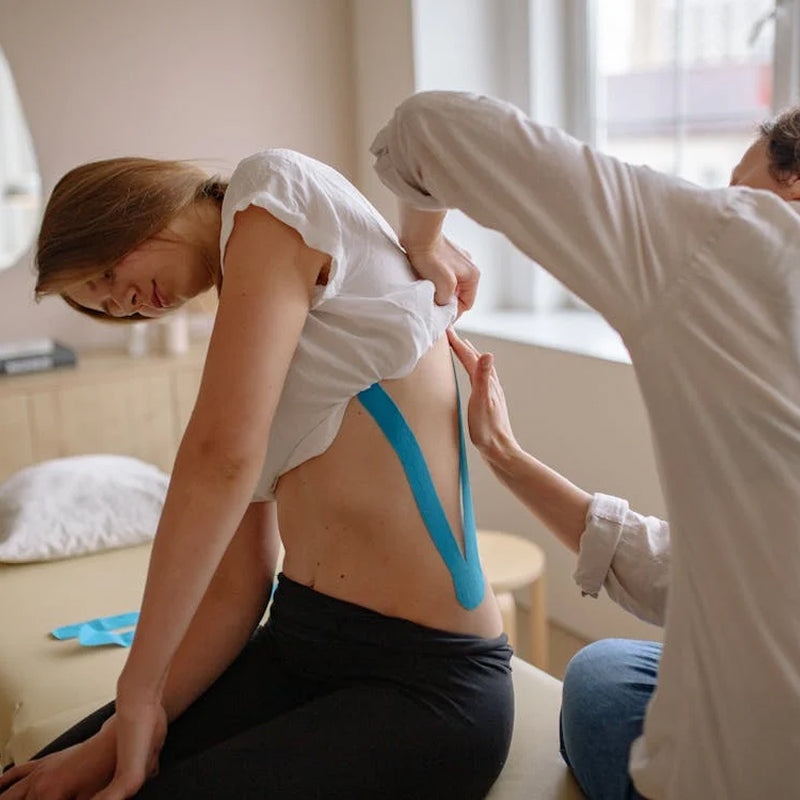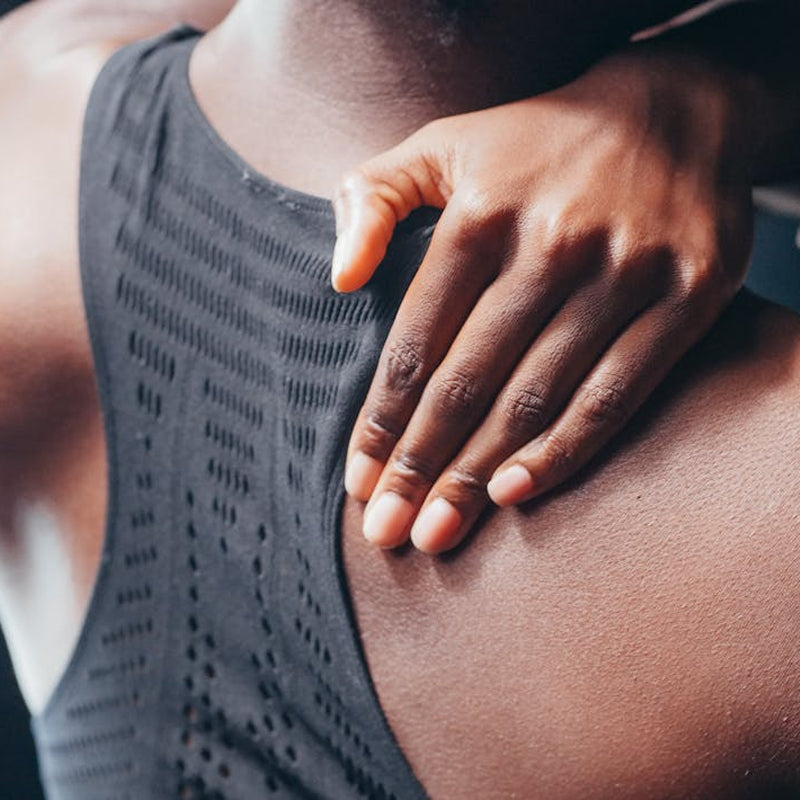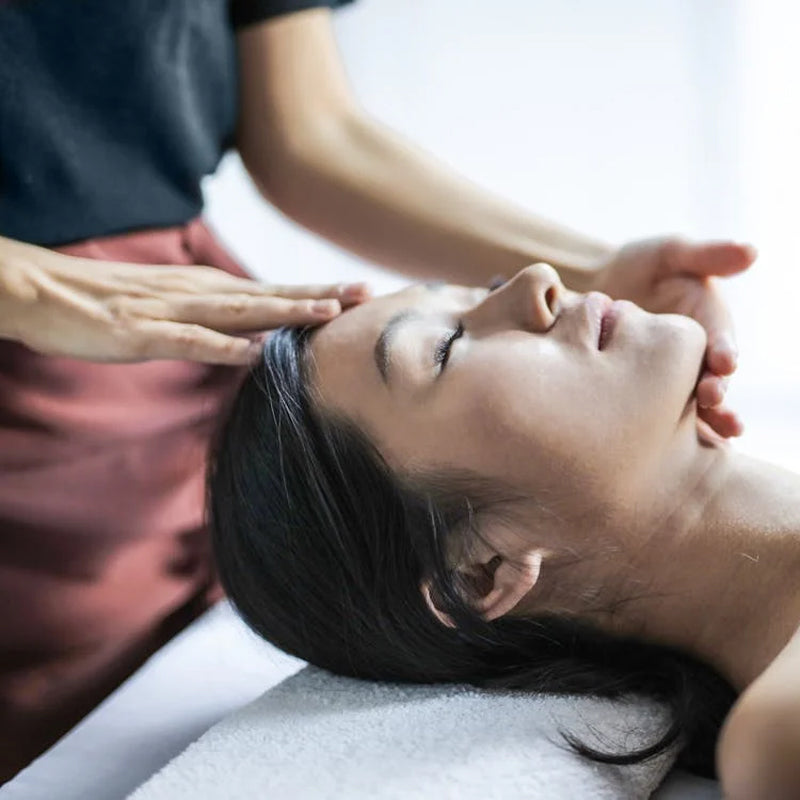Want to make the most of your massage? Knowing how to prepare for a massage can significantly enhance your relaxation and overall experience. This guide will walk you through the key steps, from staying hydrated to choosing the right clothing and arriving early. These simple preparations will help you get the best out of your session.
Key Takeaways
- Proper preparation for a massage includes staying hydrated, wearing comfortable clothing, eating a light meal, and arriving early to enhance relaxation.
- Effective communication with your massage therapist about preferences and concerns helps tailor the session for optimal benefits.
- Post-massage care, such as rehydration and avoiding intense activities, is crucial to prolong the relaxation effects and enhance recovery.
Essential Pre-Massage Preparation Tips
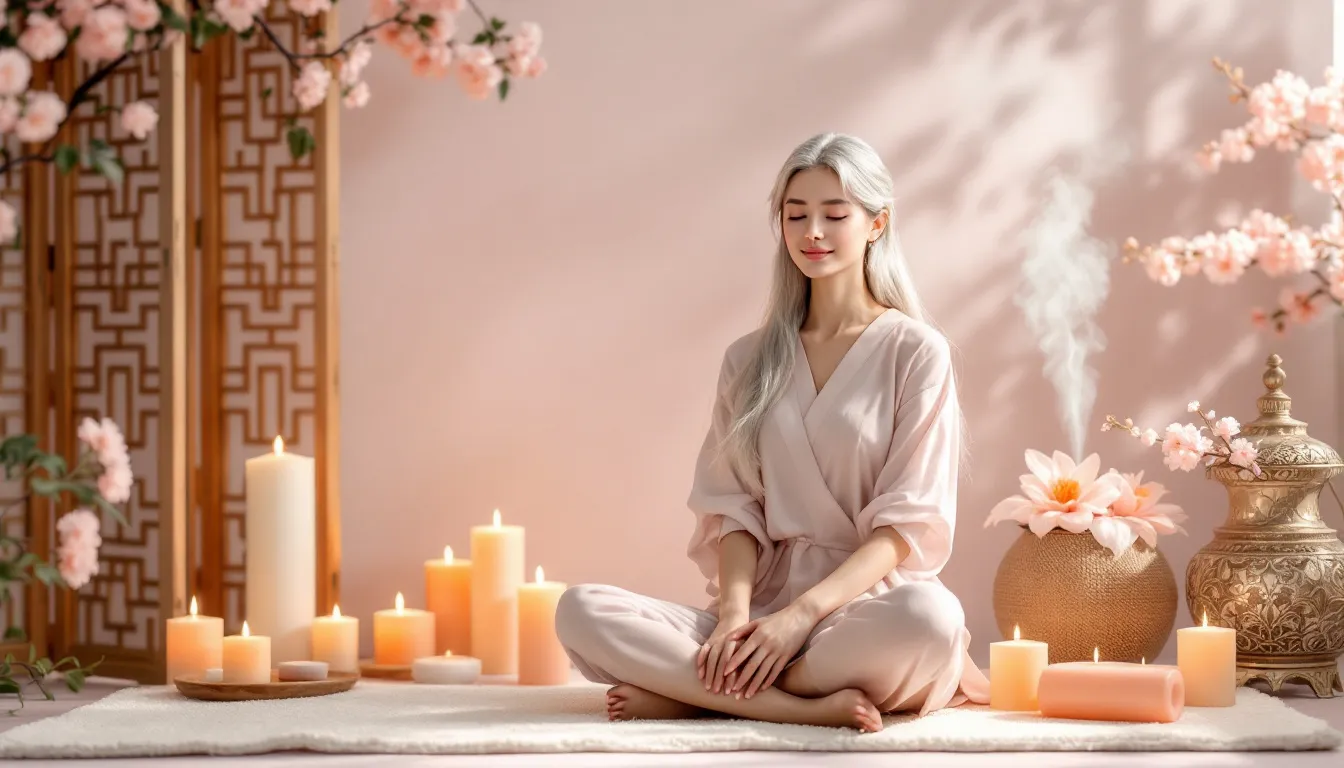
Taking steps before you prepare for a massage can significantly enhance your experience and relaxation. Here are some key tips to help you feel comfortable and make the most of your massage session.
This includes staying hydrated, wearing comfortable clothes, eating a light meal, and arriving early. Each of these steps helps set the foundation for a relaxing and beneficial massage experience.
Stay Hydrated
Hydrating before a massage prepares muscles, making them softer and more pliable. Drinking plenty of water before your session helps remove waste and minimize post-massage soreness. Additionally, taking a warm shower beforehand can further help in relaxing your muscles and mind, creating a more comfortable experience.
Avoid stimulants like coffee, regular tea, or alcohol to facilitate relaxation. Staying hydrated maximizes the benefits of your massage.
Wear Comfortable Clothes
Opt for loose, comfortable clothing for your massage. Comfortable clothes make it easier to undress and enhance relaxation during the massage. Dressing comfortably after the session helps sustain relaxation.
Dressing comfortably reduces stress and helps you fully relax.
Light Meal Beforehand
Eating lightly before a massage helps avoid discomfort during the session. A light meal or snack is advisable, as a large meal can cause uneasiness on the massage table. Avoid heavy meals and alcohol to ensure a comfortable and enjoyable experience.
This simple step can greatly enhance your experience with a relaxing massage from a good massage therapist.
Arrive Early
Arriving 10-15 minutes early for your one hour massage appointment is beneficial. This gives you time to fill out forms and start relaxing before your session begins. Arriving early ensures a smooth and stress-free start to your massage.
Arriving early sets the tone for a more relaxed and beneficial experience.
Additional Preparations for Optimal Experience

Beyond the essential tips, there are additional preparations that can optimize your massage experience. Soft, loose clothing promotes relaxation and makes the massage more enjoyable. Arriving 15-20 minutes early allows time for paperwork and helps you relax before the treatment.
Participating in the preparation process enhances the overall benefits of the session. Let’s delve into more specific tips to help you fully relax and maximize your massage experience.
Take a Warm Shower
A warm hot shower before your massage promotes muscle relaxation and prepares your body for the treatment. It helps relax both your mind and muscles, creating a more comfortable experience.
This act of self-care enhances the effectiveness of your massage and ensures you’re ready to fully relax.
Remove Jewelry
Leaving all jewelry at home facilitates the massage process. Avoiding jewelry eliminates potential discomfort. Leaving jewelry at home ensures no distractions or discomfort.
This small step makes your massage experience smoother and more enjoyable.
Communicate with Your Therapist
Communicating with your massage therapist allows them to respond effectively to your specific needs. Discuss any pre-existing conditions, allergies to oils or lotions, and specific areas of tension or pain with your therapist. Open communication tailors the massage to your requirements and enhances its overall effectiveness.
What to Expect During Your Massage
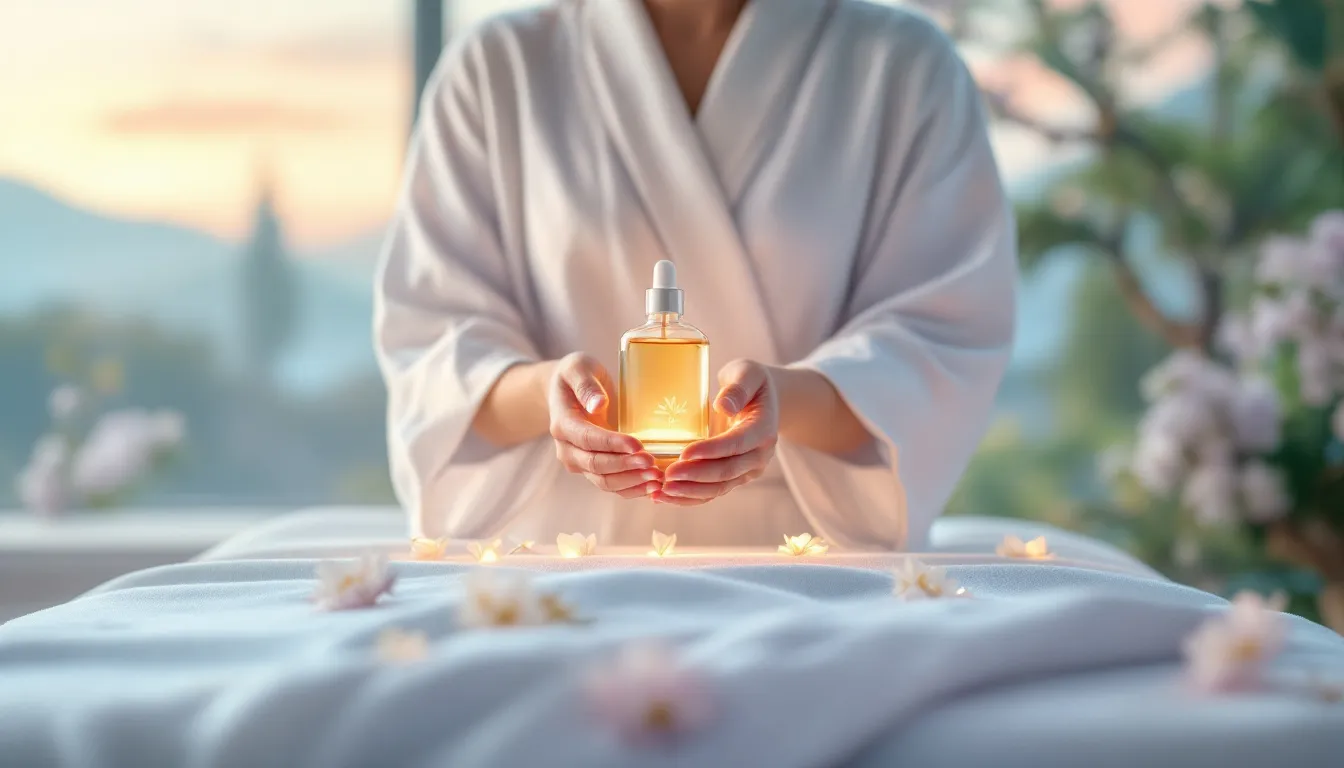
Knowing what to expect during your massage can help you feel more at ease and fully enjoy the experience. Setting an intention can enhance the overall experience. Sharing your preferred pressure level and discussing specific areas for attention can greatly improve your massage.
Massage techniques may include kneading, stroking, and applying pressure to various body areas during a full body massage and therapeutic massage, including therapist massages. We will explore what happens during the session, focusing on privacy, relaxation techniques, and possible outcomes.
Privacy and Undressing
You can choose how much clothing to wear, allowing you to feel comfortable. Being fully undressed is generally recommended for an optimal massage experience. Therapists use draping techniques with sheets to cover sensitive areas, ensuring you are properly covered.
The therapist will discuss your clothing preferences and comfort before the session starts. This ensures you can fully relax and enjoy the massage.
Relaxation Techniques
Maintaining a normal breathing pattern is important for relaxation during a massage. Relaxation techniques, such as deep breaths, calm the mind and body, enhancing the massage experience. Focusing on your breath and staying relaxed throughout the session makes the massage more effective and enjoyable.
Possible Outcomes
It’s common to fall asleep during a massage due to the deep relaxation it induces. A massage session often provides significant relief from muscle tension and soreness, enhancing comfort. Overall, a massage includes deep relaxation, possible sleep, and significant relief from muscle tension.
These benefits make the experience highly rewarding and rejuvenating.
Post-Massage Care Tips
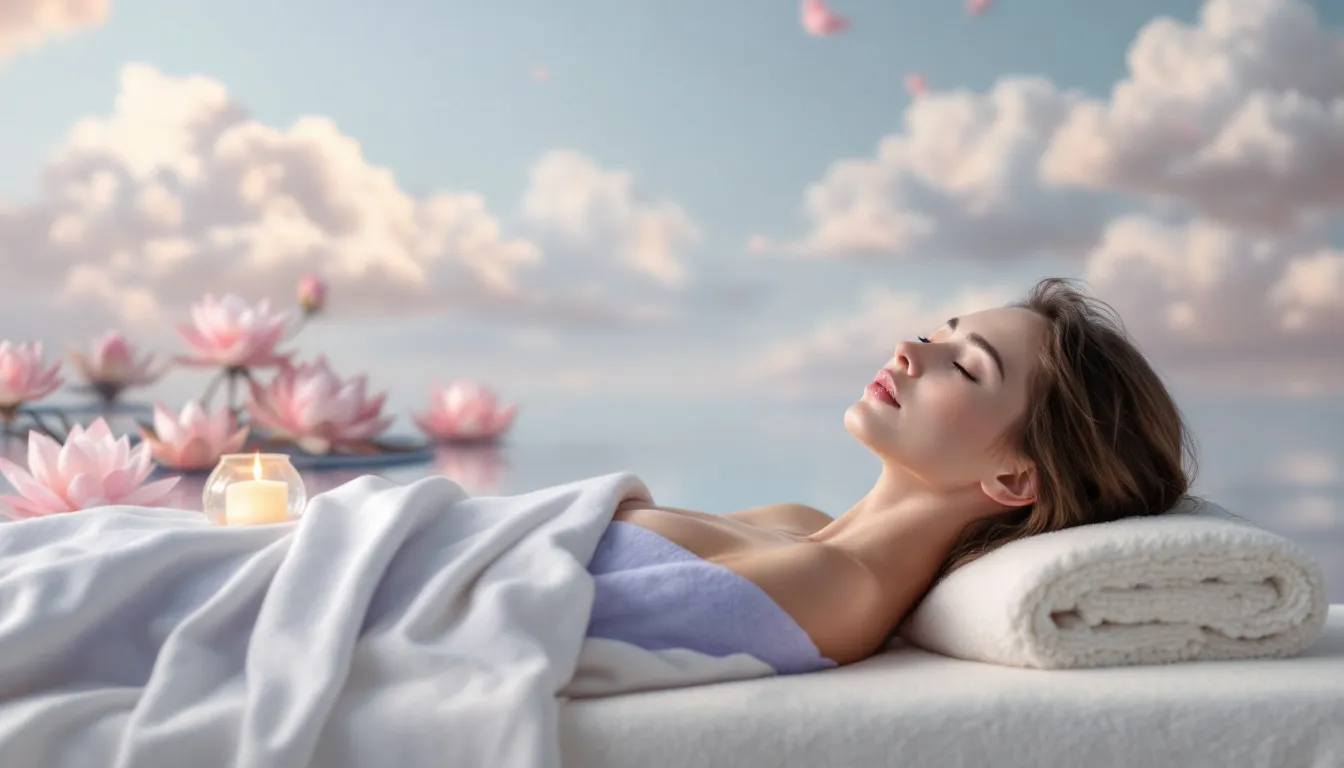
Post-massage care maintains the benefits of the session and avoids discomfort. Avoid substances like caffeine and alcohol for several hours after a massage to enhance recovery. Post-massage sensations like sleepiness or mild soreness indicate the need for proper hydration.
Light meals and calming music help prolong the relaxed state. Here are some tips to help you care for yourself after a massage.
Rehydrate
Drinking water after your massage flushes out toxins released during the treatment. Drink plenty of water right after a massage to help avoid dehydration. Staying hydrated enhances recovery and maintains the relaxation benefits of the massage.
Take It Easy
Avoid intense physical activity, alcohol, and caffeine for several hours after your massage. Gentle stretching helps prolong relaxation and reduces post-massage soreness.
Allowing your body time to relax and recover reaps the full benefits of the session.
Prolonging Relaxation
Warm baths can extend the feelings of relaxation post-massage. Essential oils during self-care routines can further enhance relaxation and well-being.
Taking quiet time for yourself helps integrate the benefits of the massage into your overall well-being. These practices help maintain the relaxation benefits obtained during your massage.
Scheduling Regular Massages

Regular massages can lead to enhanced health benefits and prolonged relaxation. Regular massage therapy sessions improve circulation, reduce stress, and aid in muscle recovery. Stressed muscles lead to a consistent schedule for massages that can lead to better sleep and reduced stress.
Follow-up sessions enhance the therapeutic impact and improve relaxation over time. We will explore the specific benefits, tailored sessions, and booking your next appointment.
Health Benefits
Regular massages provide numerous health benefits contributing to overall well-being. They improve circulation, delivering oxygen and essential nutrients to muscles. Regular massages lower heart rate, reduce stress and tension, and enhance immune function. These benefits make massage therapy a valuable investment in your health.
Tailored Sessions
Open communication with your therapist about specific issues or areas needing focus is crucial for tailored sessions. You will have privacy to undress to your comfort level, and therapists use draping techniques to ensure modesty.
Focus on deep breaths and staying relaxed throughout the session; falling asleep is common and indicates deep relaxation and muscle relief. Tailored sessions ensure your specific needs are effectively addressed.
Booking Your Next Appointment
To maintain consistency in care, schedule your next massage appointment before leaving the current session. Online booking systems allow clients to schedule appointments conveniently at any time.
Regular sessions ensure you continue to reap the benefits of massage therapy and maintain your overall well-being.
Summary
In summary, being well-prepared for a massage can significantly enhance your overall experience. From staying hydrated and wearing comfortable clothes to eating a light meal and arriving early, each step plays a crucial role. Additional preparations like taking a warm shower, removing jewelry, and communicating with your therapist further optimize the session. Understanding what to expect during your massage, coupled with effective post-massage care, ensures you maximize the benefits. Regularly scheduling massages not only provides numerous health benefits but also helps in maintaining the relaxation and therapeutic effects. We hope these tips inspire you to make the most out of your next massage experience.
Frequently Asked Questions
Why is it important to stay hydrated before a massage?
Staying hydrated before a massage is crucial as it helps prepare your muscles, making them softer and more pliable, while also aiding in the removal of toxins released during the session. Proper hydration enhances the overall effectiveness of the massage.
Should I eat before a massage?
Yes, eating a light meal or snack before a massage is advisable to prevent discomfort, while heavy meals and alcohol should be avoided.
Why should I arrive early for my massage appointment?
Arriving 10-15 minutes early for your massage appointment ensures you can complete any required paperwork and begin to unwind, setting the stage for a more enjoyable and effective session.
What should I communicate with my massage therapist?
It's essential to communicate any pre-existing conditions, allergies, and specific areas of tension or pain with your massage therapist to ensure a more effective treatment. This dialogue will help tailor the session to your needs and optimize your experience.
How can I prolong the relaxation benefits after a massage?
To prolong the relaxation benefits after a massage, consider taking warm baths, using essential oils, and allowing yourself quiet time for reflection. These practices will enhance and sustain your sense of calm.

